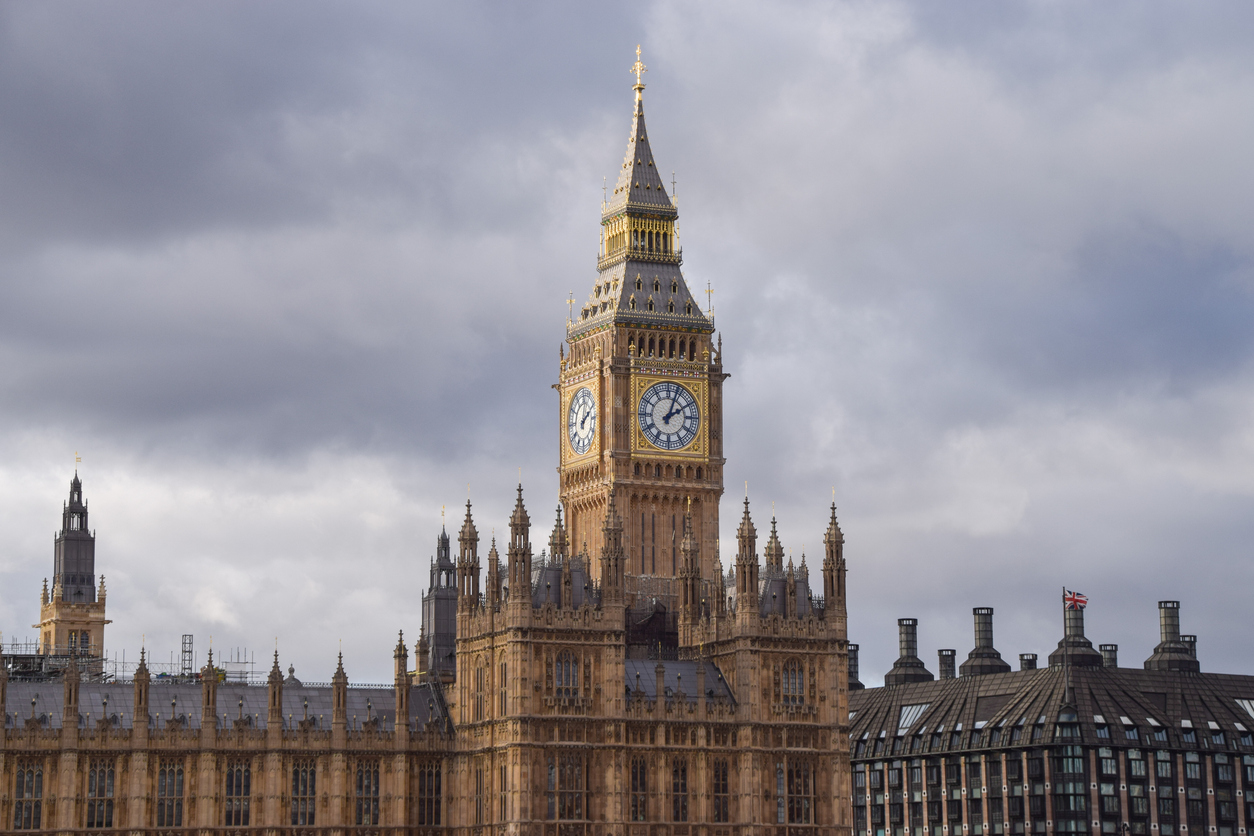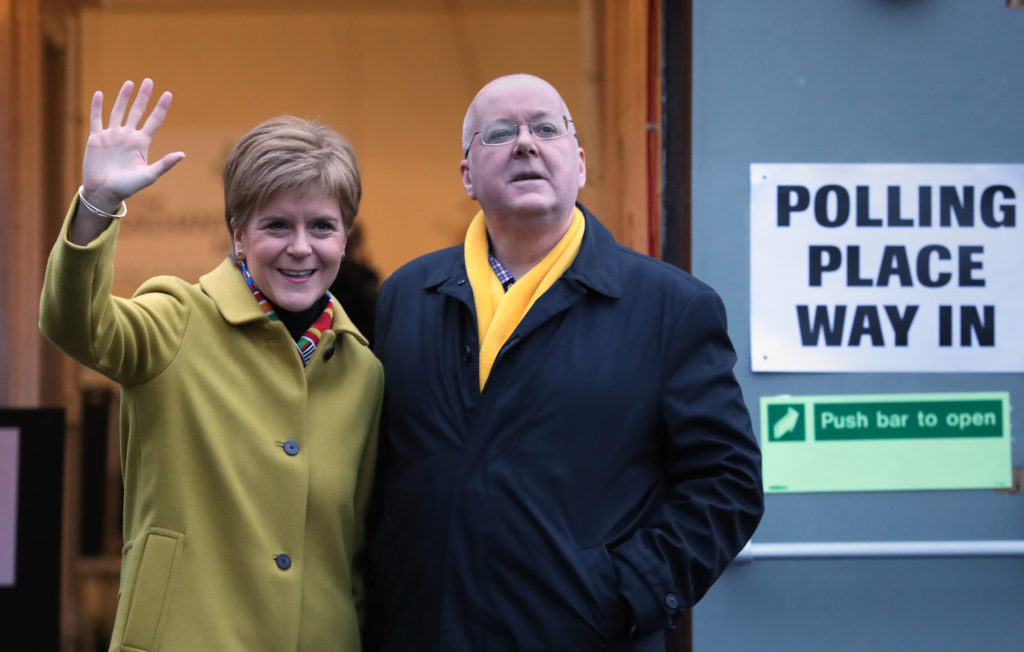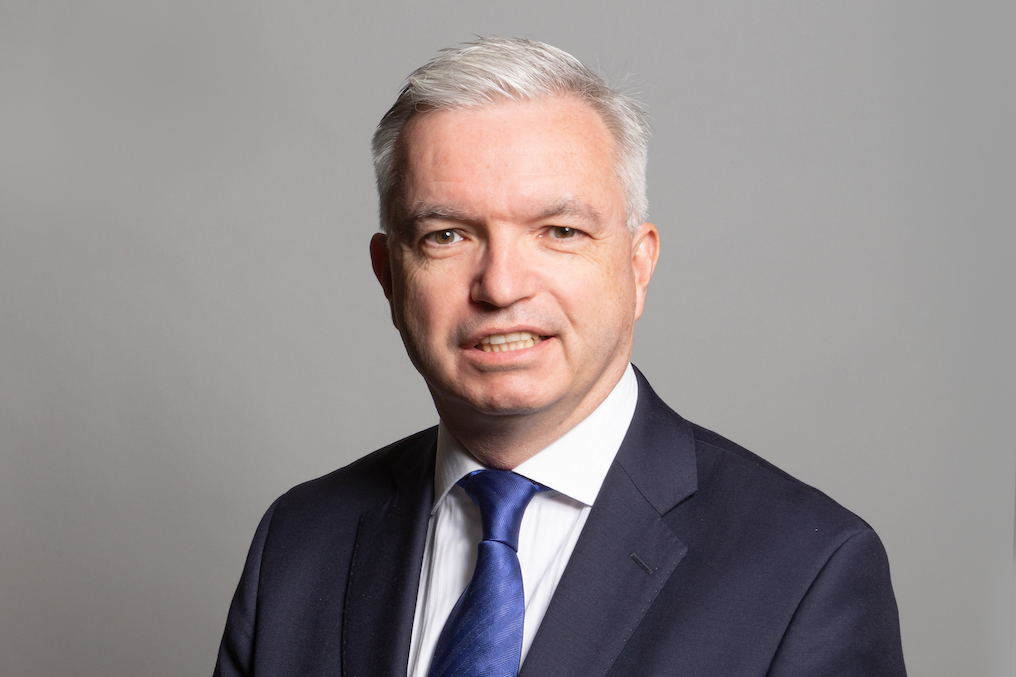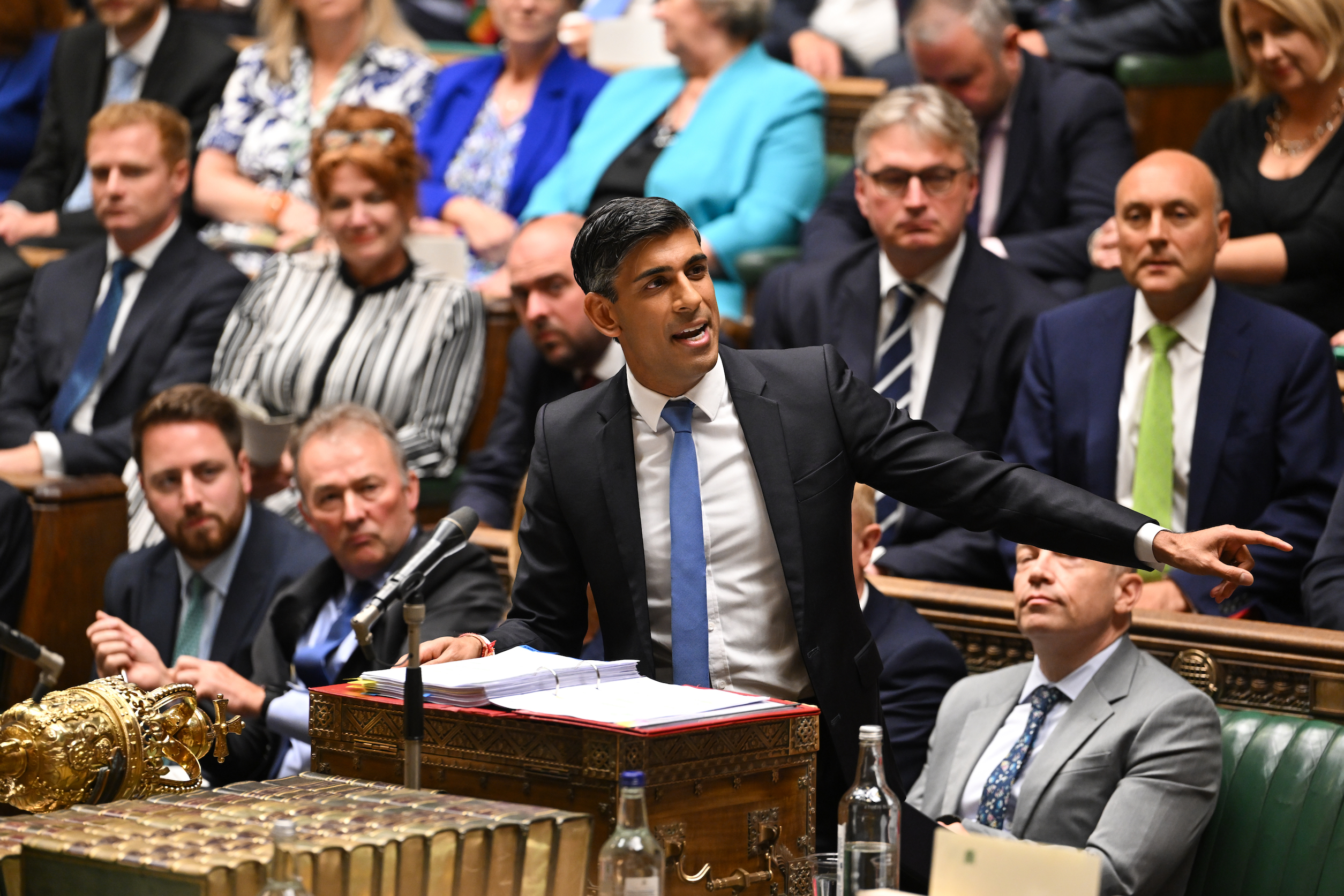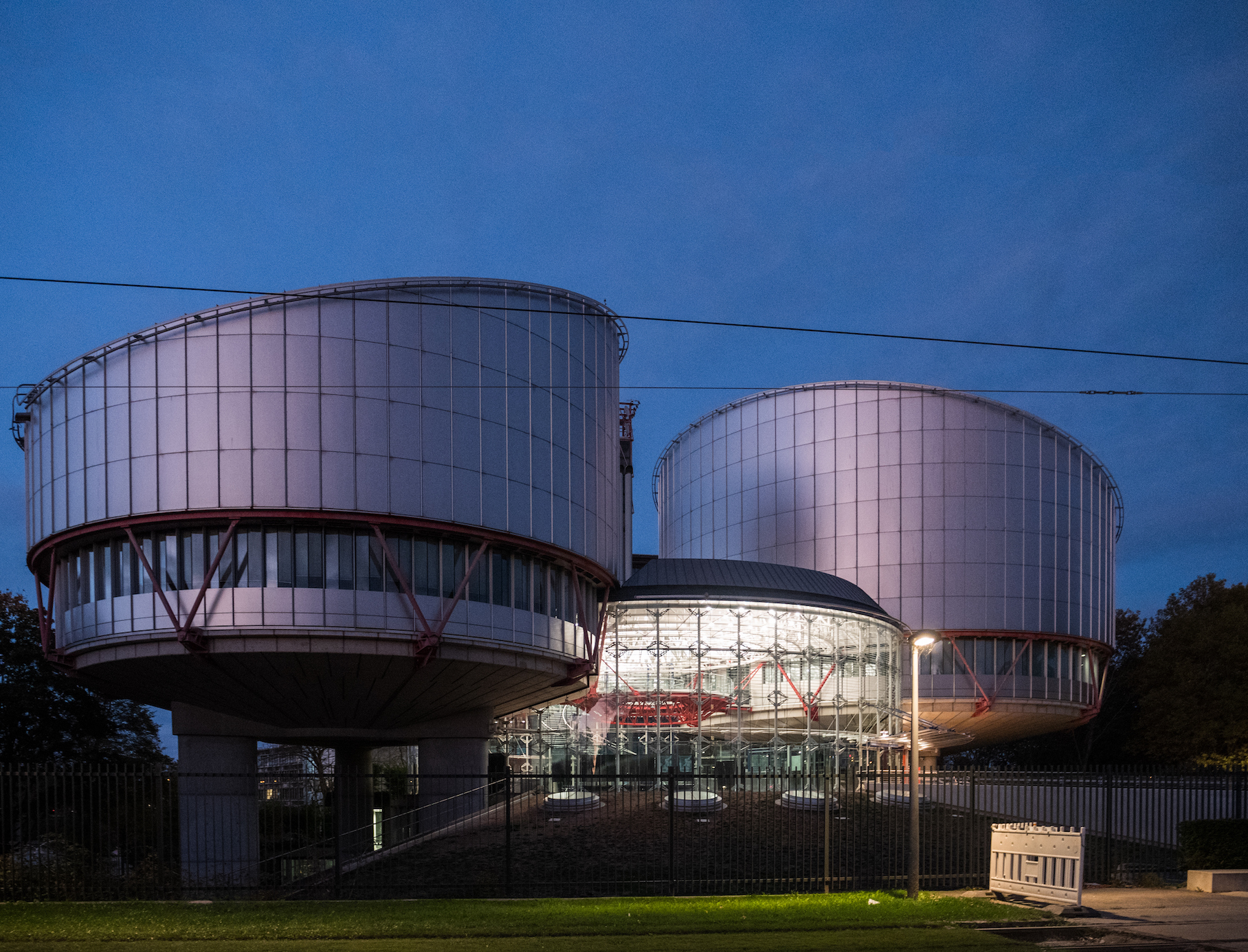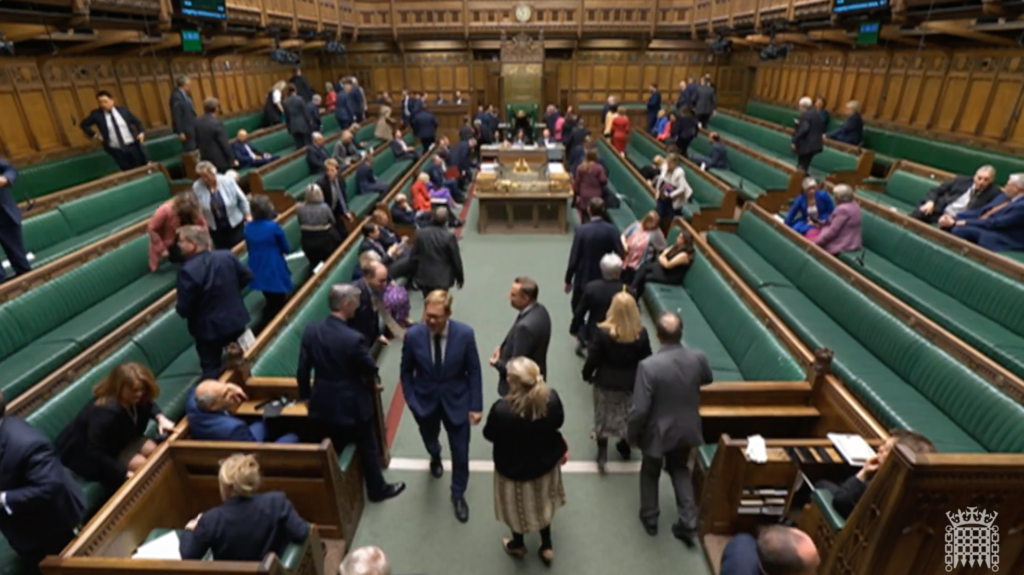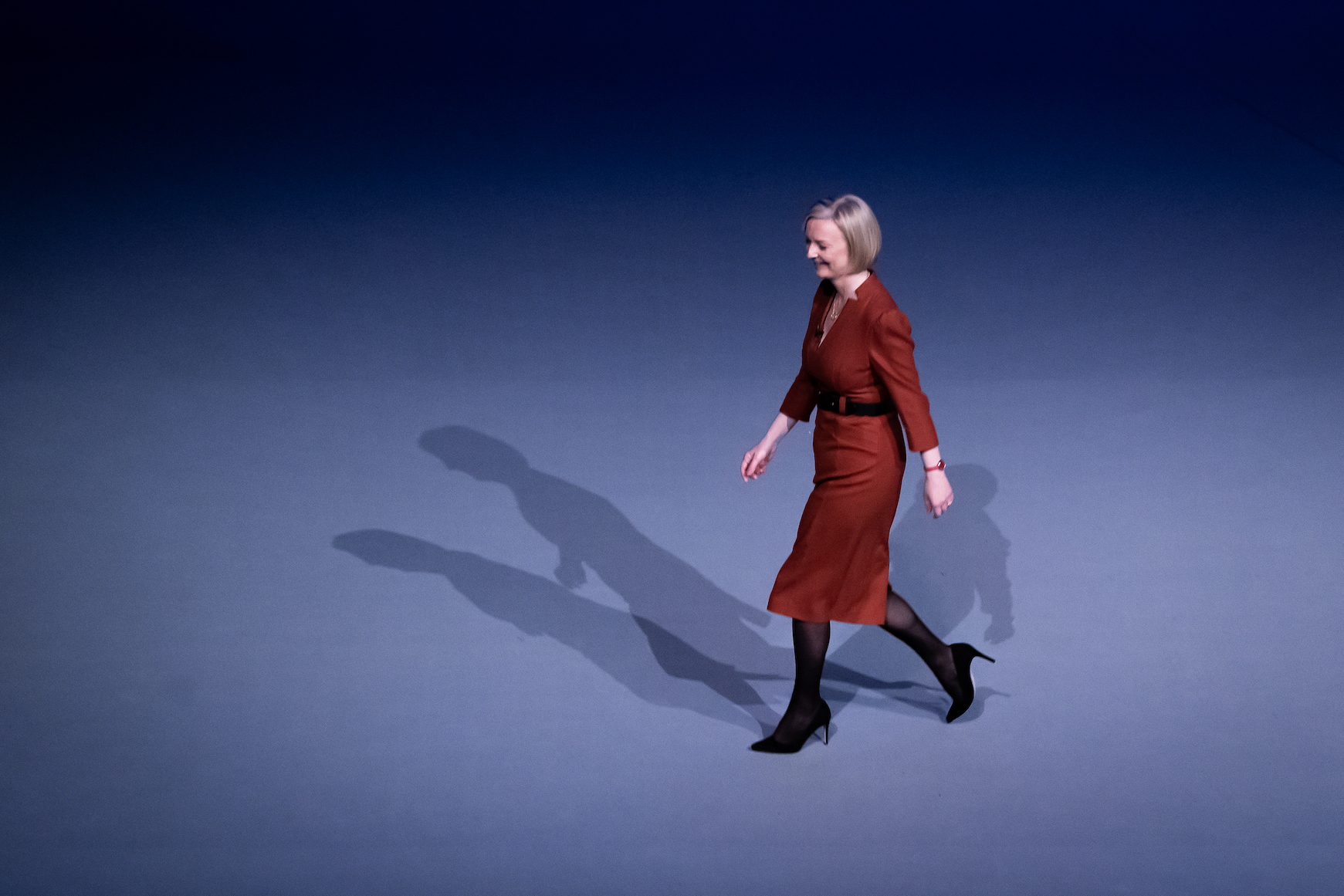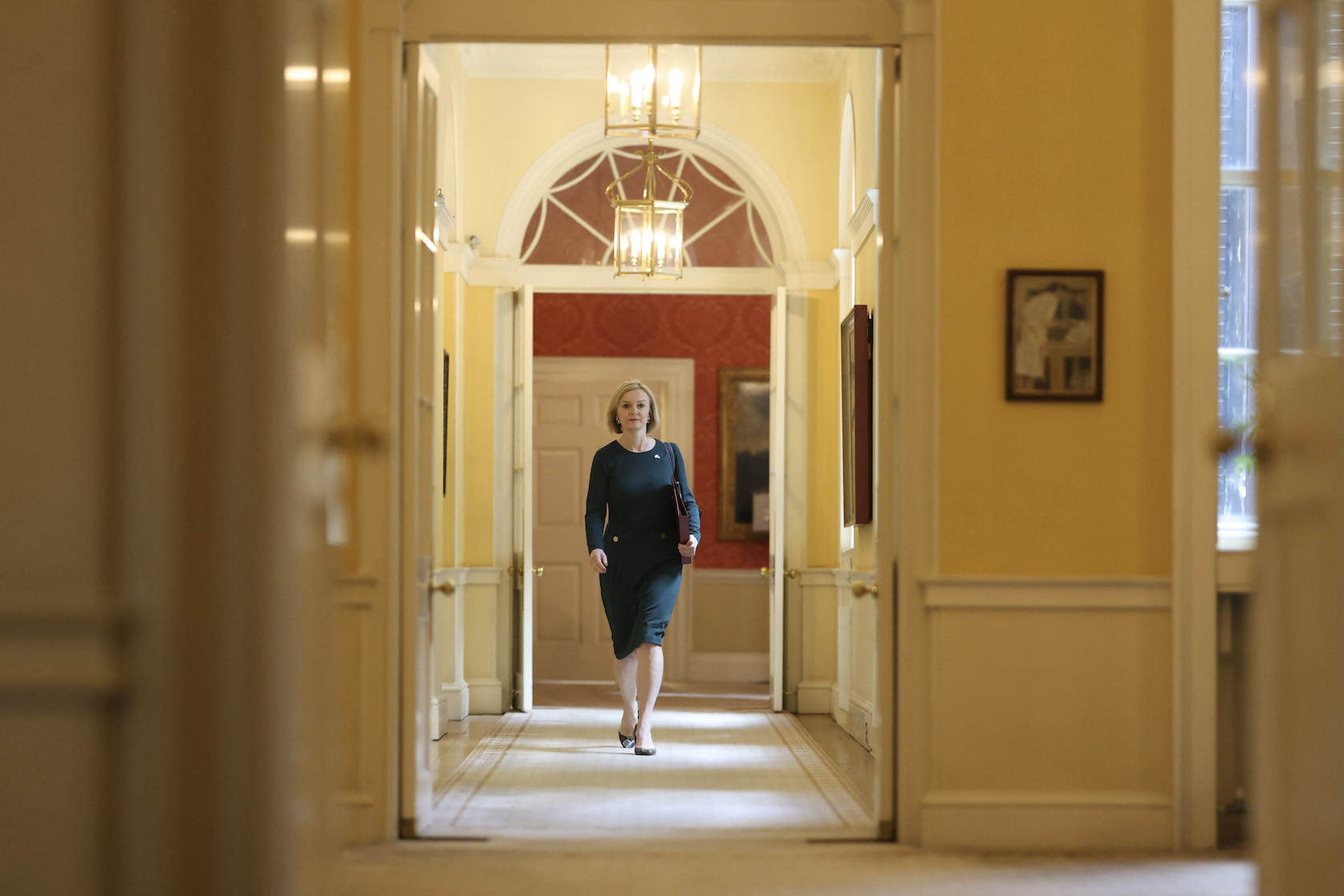Overview
Neil Kinnock served as the Member of Parliament for Islwyn in South Wales from 1970 until 1995.
From 1983 to 1992, Kinnock was leader of the Labour Party and led the Party into the elections defeats of 1987 at the hands of Margaret Thatcher, and 1992 at the hands of John Major. For over a decade, Kinnock was one of Britain’s most recognisable politicians.
After leaving Parliament Kinnock became European Commissioner for Transport (1995-1999) and then Vice-President of the European Commission (1999-2004).
Kinnock helped soften the Labour Party’s image in the late 1980s and many credit Kinnock for laying the groundwork for Tony Blair’s ‘New Labour’. A once vocal critic of the House of Lords, the now Lord Kinnock has been a Member of the Upper Chamber since 2005.
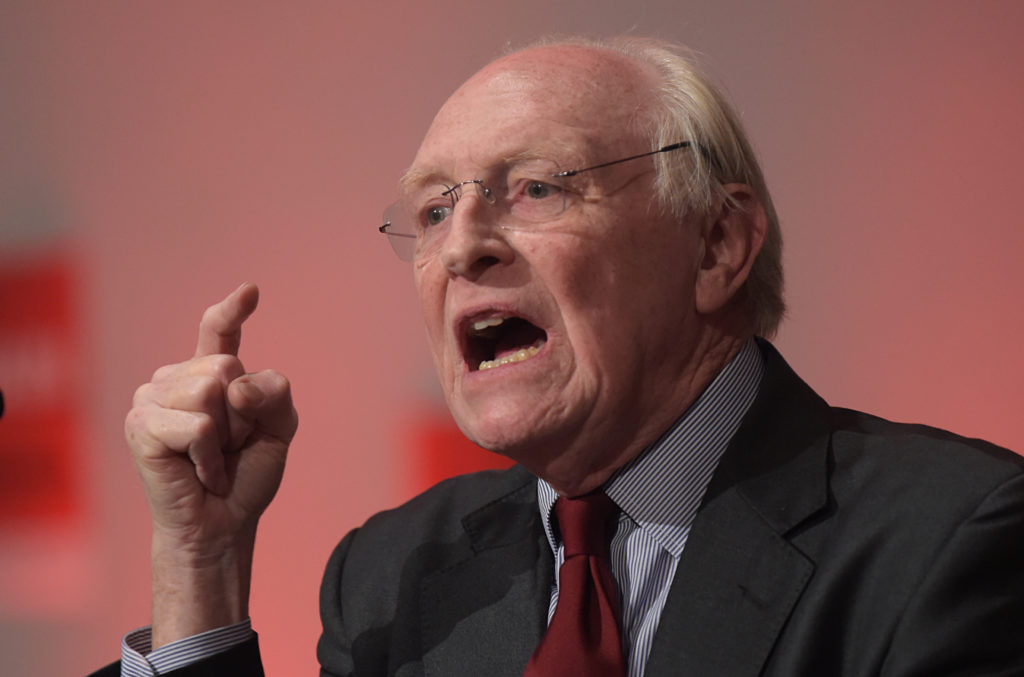
Neil Kinnock, served as an EU Commissioner for 9 years.
Labour Party Leader
Kinnock became Labour Leader in 1983 with the party in turmoil following a 1983 General Election defeat which had seen it reduced to 209 MPs.
Many blamed Labour’s then left-wing leader, Michael Foot, for the defeat. Mr Kinnock had previously been an unswerving supporter of Michael Foot and a member of his Shadow Cabinet since 1980, but as Foot’s successor, Kinnock took the party more towards the centre.
In his tenure as Labour Leader, Kinnock battled the hard-left, Trotskyite ‘Militant Tendency’, in disputes which saw many of them eventually expelled from the party.
In the midst of these battles, Kinnock’s speech to the 1985 Party Conference included a section about the ‘grotesque chaos’ of a Labour Council hiring taxis to hand out redundancy notices to its own workers’.
Although much of the platform was to return some thirty five years later under Jeremy Corbyn, Kinnock himself moved to reject many of the policies from Foot’s 1983 manifesto, including unilateral nuclear disarmament, and large-scale nationalisation.
Although the 1987 election saw another big loss for Labour at the hands of Mrs Thatcher, Kinnock stayed on as Party Leader. However, following Labour’s loss in 1992 to John Major’s Conservative Party, Kinnock resigned his post.
Some put the 1992 defeat down to Kinnock’s infamous April 1st speech at a rally in Sheffield, in which he declared, over and over again, ‘We’re all alright!‘.
European Commissioner
In his early political days, Kinnock was a well-known Eurosceptic. In fact, he opposed Britain’s continued membership of the European Common Market in the 1975 referendum.
Kinnock argued against the European Economic Community on the basis that it threatened British jobs and industry.
Following the 1979 and 1983 electoral defeats, Kinnock rethought his Euro-scepticism. Indeed Kinnock underwent such a transformation in opinion on Europe that upon him leaving parliament in 1995, he joined the European Union as European Commissioner for Transport.
He subsequently became Vice-President of the European Commission in 1999 and was responsible for internal reform. Kinnock stepped down from this position in 2004.
Kinnock campaigned passionately on behalf of ‘Remain’ in the United Kingdom’s 2016 Brexit referendum.
Before Labour leader Keir Starmer came out in favour of backing Boris Johnson’s 2020 post-Brexit trade deal, Kinnock had advised that backing such a deal would be politically ‘lethal’ for Labour.
Neil Kinnock and Joe Biden
Throughout his time in frontline politics, Kinnock was known as a gifted orator.
In a speech to the Welsh Labour Party conference in Llandudno in May 1987, Kinnock declared, ‘Why am I the first Kinnock in a thousand generations to be able to get to university?…Why is my wife, Glenys, the first woman in her family in a thousand generations to be able to get to university?’.
The speech was widely praised.
Perplexingly, one Joseph R. Biden gave a very similar speech in a 1987 Democratic primary debate later that year. He said, ‘Why is it that Joe Biden is the first in his family ever to go to a University?’.
Continuing Biden said, ‘Why is it that my wife who is sitting out there in the audience is the first in her family to ever go to college?’.
Accusations of plagiarism then sank the Joe Biden’s then Presidential campaign of that year. Biden has maintained that he intended to credit Kinnock in his speech, but – well – forgot.
In 2007, during his second run for President, Biden met Kinnock at his office on Capitol Hill in Washington. As the two chatted, Biden reportedly reportedly said, ‘Folks, I want you to meet my greatest ever speechwriter’.
Early Life
Kinnock was born in Tredegar, South Wales, on March 28, 1942. His father was a coal miner.
According to Kinnock, his first political memory was an Aneurin Bevan speech delivered in Tredegar, South Wales. Subsequently, at the age of 15, Kinnock joined the Labor Party.
At University College, Cardiff, Kinnock became involved in student politics. He helped organise anti apartheid protests against South Africa and the imprisonment of Nelson Mandela.
When the incumbent Labour MP for Bedwellty announced his resignation in 1969, Kinnock declared his candidacy and narrowly won the selection vote among local Labour Party members. In the subsequent 1970 General Election, Kinnock won by 22,000 votes and held the seat by massive majorities throughout the 1970s and 1980s.
On entering parliament, Kinnock was hardly the centre left figure that he would later become.
Kinnock gained a reputation as a left-wing firebrand and he rejected a position in James Callaghan’s administration on these grounds. In 1978, one Conservative newspaper labeled the later, Baron Kinnock, as ‘a left wing fanatic’. Kinnock was a member and frequent speaker for the Campaign for Nuclear Disarmament (CND).
The Labour Party’s defeats in the 1979 and 1983 elections significantly softened Kinnock’s politics, and by 1983 he was ready to stand for the leadership on a centre-left, unity platform.
Family
Kinnock met Glenys Parry, his future wife, while studying at University College, Cardiff. At university, the couple were reportedly known as ‘the power and the glory’ (Glenys being the ‘power’).
The two were married on 25 March 1967. From 1994-2009, Glenys Kinnock was a Labour MEP and subsequently a Labour member of the House of Lords. Neil and Glenys are one of very few husband and wife pairings to have ever sat together in the Chamber. Glenys Kinnock was diagnosed with Alzheimer’s disease in 2017. She died in late 2023.
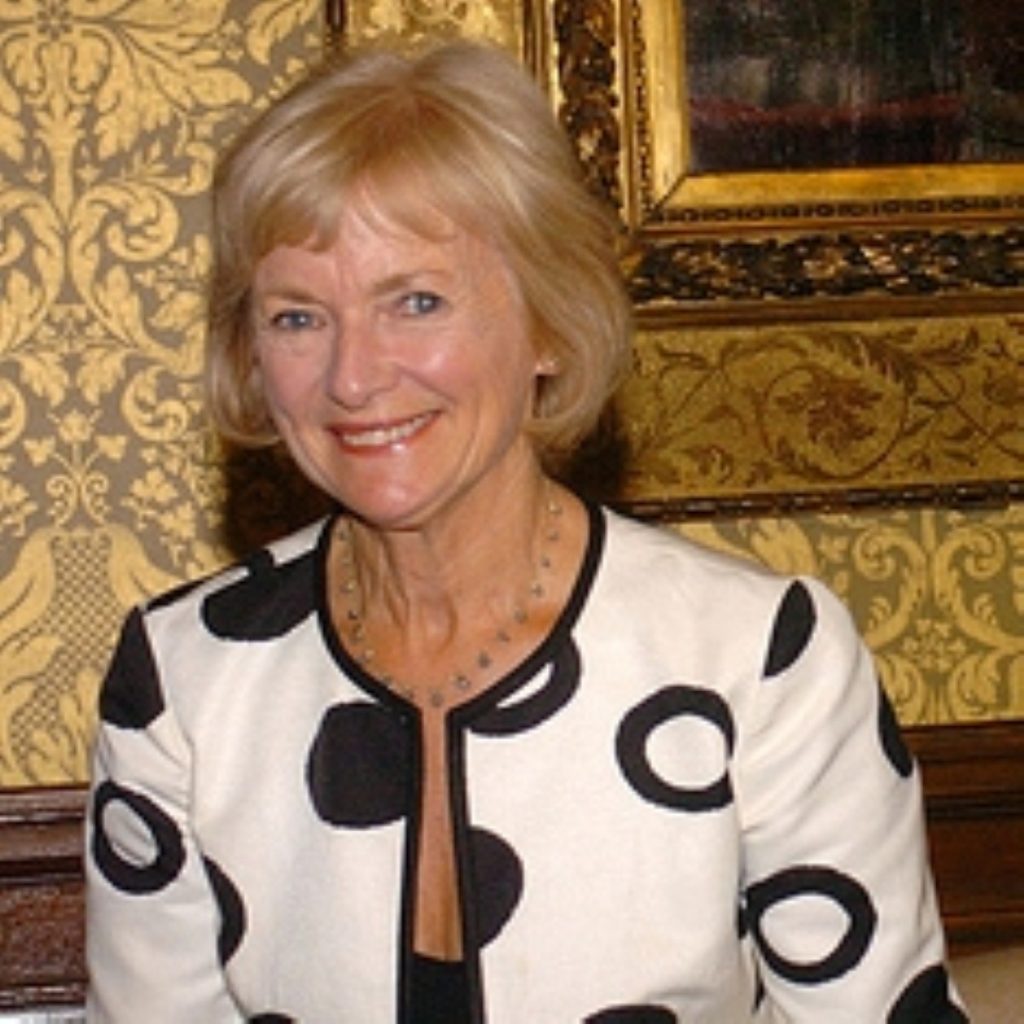
Glynys Kinnock was a former Labour MEP.
Glenys Kinnock herself served in the Labour Government of Gordon Brown and became the UK’s Minister for Africa and the UN from 2009-2010. The couple have two children and currently reside in Tufnell Park, London.
Kinnock’s son, Stephen, is himself presently a Labour MP. Through Stephen, Lord Kinnock is the father-in-law of Helle Thorning-Schmidt, the Prime Minister of Denmark from 2011-2015.
In February 2022, Kinnock’s grandson, Milo came out as non binary. Speaking to the Daily Mail, Lord Kinnock said, “Milo is a beloved grandchild with a great personality and strong, mature judgment. We’re a very close family who cherish him and wish him all the best”.









